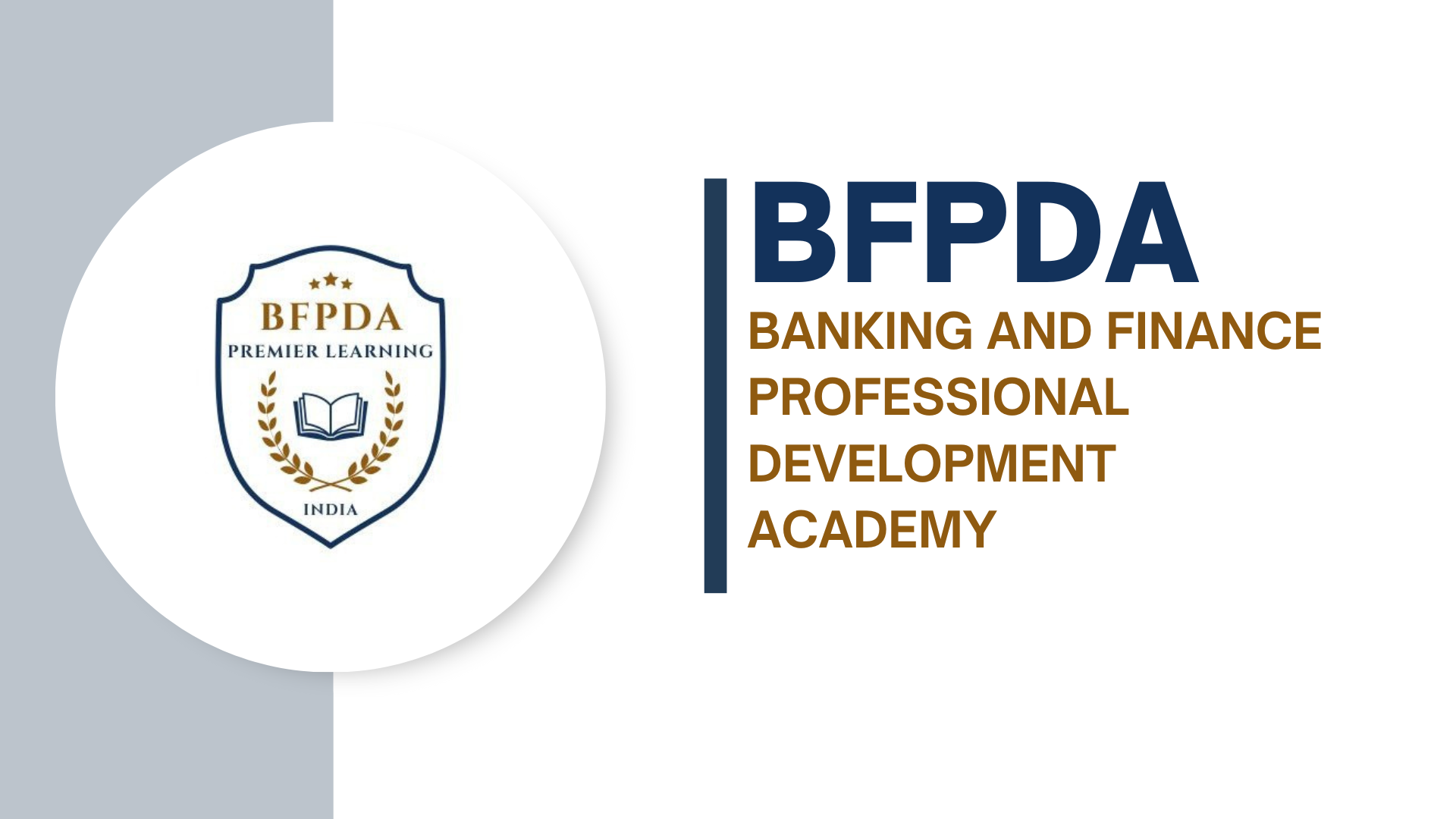Why Choose a Career in Private Banking?

A career in private banking is one of the most prestigious and rewarding paths in the financial services industry. Known for its dynamic work environment, personalized client interactions, and lucrative compensation, private banking is a career choice that attracts professionals who aspire to work with high-net-worth individuals (HNWIs) and deliver exceptional financial solutions.
What is Private Banking?
Private banking involves offering tailored financial services to wealthy individuals, families, and businesses. Unlike retail banking, which caters to the general public, private banking focuses on personalized services such as wealth management, investment advisory, tax planning, and estate management.
Why Consider a Career in Private Banking?
1. Lucrative Salary and Benefits
Private banking professionals often earn higher-than-average salaries, complemented by performance bonuses, profit-sharing, and other incentives. The compensation reflects the high stakes and specialized expertise required in this field.
2. Prestige and Exclusivity
Working in private banking allows professionals to interact with influential clients, including entrepreneurs, CEOs, and celebrities. This exclusive access builds strong professional networks and provides exposure to the financial needs of high-net-worth individuals.
3. Personalized Client Relationships
Private banking revolves around building long-term, trusted relationships with clients. Unlike transactional roles in retail banking, private banking offers the opportunity to deeply understand client needs and provide bespoke financial solutions.
4. Dynamic and Challenging Work
The role requires staying updated with financial markets, regulatory changes, and emerging investment opportunities. It’s an intellectually stimulating environment that demands constant learning and strategic thinking.
5. Global Career Opportunities
Private banking roles are in demand worldwide, offering the chance to work in global financial hubs like London, New York, Singapore, or Zurich. International exposure can significantly enhance your career prospects.
Roles and Responsibilities in Private Banking
Private banking professionals provide end-to-end financial solutions tailored to the needs of HNWIs. Key responsibilities include:
- Wealth Management: Creating and managing investment portfolios to meet client goals.
- Financial Advisory: Advising clients on risk management, tax planning, and asset allocation.
- Relationship Management: Building and maintaining long-term client relationships.
- Estate Planning: Helping clients structure their estates for smooth succession and tax efficiency.
- Market Analysis: Monitoring market trends to recommend suitable investment opportunities.
Skills Required for a Successful Career in Private Banking
1. Financial Expertise
A solid understanding of banking products, financial markets, investment strategies, and risk management is essential.
2. Relationship Management Skills
Strong interpersonal skills and the ability to build trust with clients are crucial. Private bankers need to be excellent communicators and negotiators.
3. Analytical Thinking
Private bankers analyze complex financial data to provide customized solutions. Problem-solving and critical thinking are key to success.
4. Confidentiality and Integrity
Dealing with sensitive client information requires a high level of discretion and ethical conduct.
5. Adaptability and Continuous Learning
As financial markets and client needs evolve, staying updated with industry trends and acquiring new skills is vital.
Career Opportunities in Private Banking
The private banking industry offers a range of roles depending on your expertise and career aspirations:
1. Relationship Manager
Acts as the main point of contact for clients.
Builds and nurtures client relationships.
Recommends banking products and services.
2. Investment Advisor
Focuses on portfolio management and asset allocation.
Provides advice on stocks, bonds, mutual funds, and alternative investments.
3. Wealth Planner
Specializes in estate planning, inheritance strategies, and tax optimization.
4. Risk Analyst
Assesses the financial risks associated with investment decisions.
Ensures compliance with regulatory standards.
5. Product Specialist
Provides in-depth knowledge about specific financial products such as mutual funds, insurance, or alternative investments.
Why Private Banking is a Growing Career Field
1. Increasing Wealth of HNWIs
With the global rise in high-net-worth individuals, the demand for private banking services has skyrocketed. India alone is witnessing a surge in the ultra-wealthy population, creating abundant opportunities for private bankers.
2. Digital Transformation
Technology is revolutionizing the private banking space, with tools like robo-advisors, AI-driven analytics, and blockchain-based solutions enhancing client servicing. Professionals with tech-savviness are in high demand.
3. Focus on Emerging Markets
Emerging economies like India, China, and Brazil are becoming key growth drivers for the private banking sector, offering significant career opportunities in these regions.
Challenges in Private Banking
Like any rewarding career, private banking comes with its challenges:
High Expectations: Clients expect exceptional service and personalized attention.
Dynamic Environment: Staying updated with financial trends and global markets can be demanding.
Regulatory Pressure: Strict compliance requirements add complexity to the role.
However, these challenges also provide opportunities for growth, learning, and professional satisfaction.
How to Start a Career in Private Banking
Educational Background:
A degree in finance, economics, or business administration is recommended.
Certifications like CFP (Certified Financial Planner), CFA (Chartered Financial Analyst), or Wealth Management Specialist can give you an edge.
Skill Development:
Gain expertise in financial products, markets, and risk management.
Develop strong interpersonal and analytical skills.
Start in Entry-Level Roles:
Begin your career in retail banking, financial advisory, or investment firms.
Gain experience in client interactions and financial planning.
Join Training Programs:
Institutions like BFPDA (Banking and Finance Development Academy) provide foundation training and job assurance for careers in banking, including private banking.
Conclusion
A career in private banking is an excellent choice for individuals who enjoy working in a dynamic, client-focused environment and have a passion for finance. The industry offers unmatched opportunities for professional growth, financial rewards, and personal satisfaction.
As the global wealth landscape continues to expand, private banking will remain a cornerstone of financial services, making it an ideal career path for aspiring professionals. Take the first step toward your dream career in private banking today!

